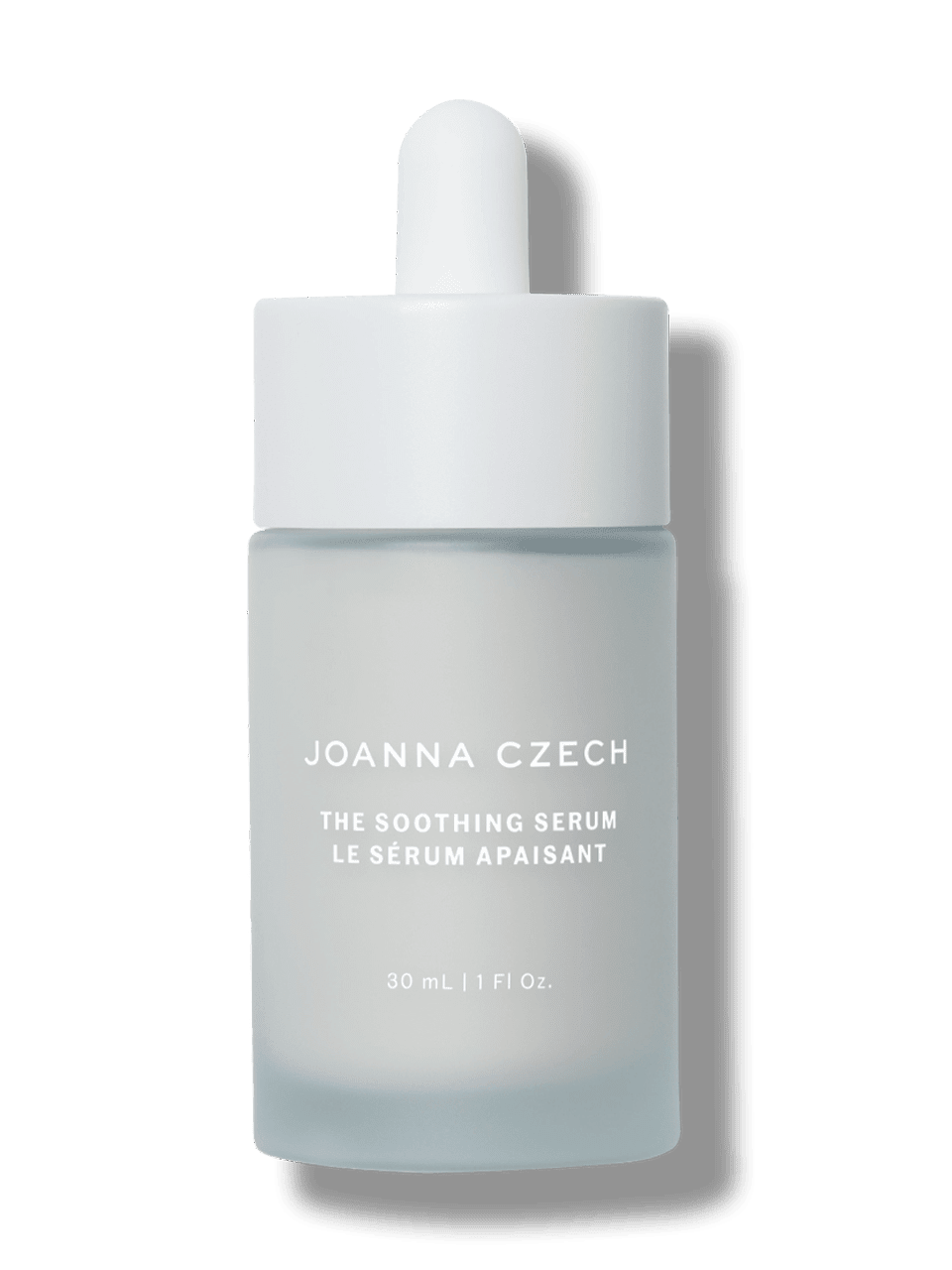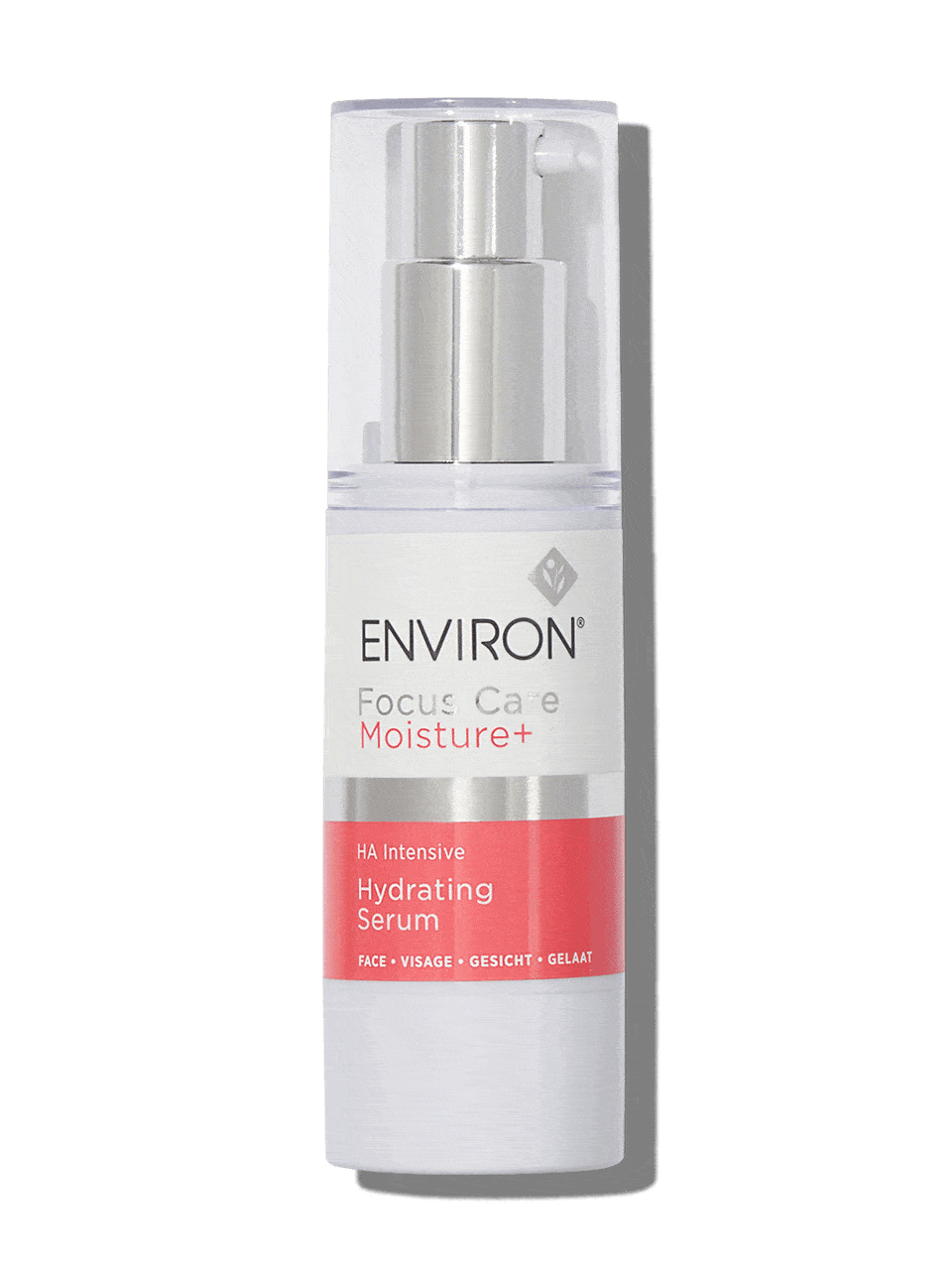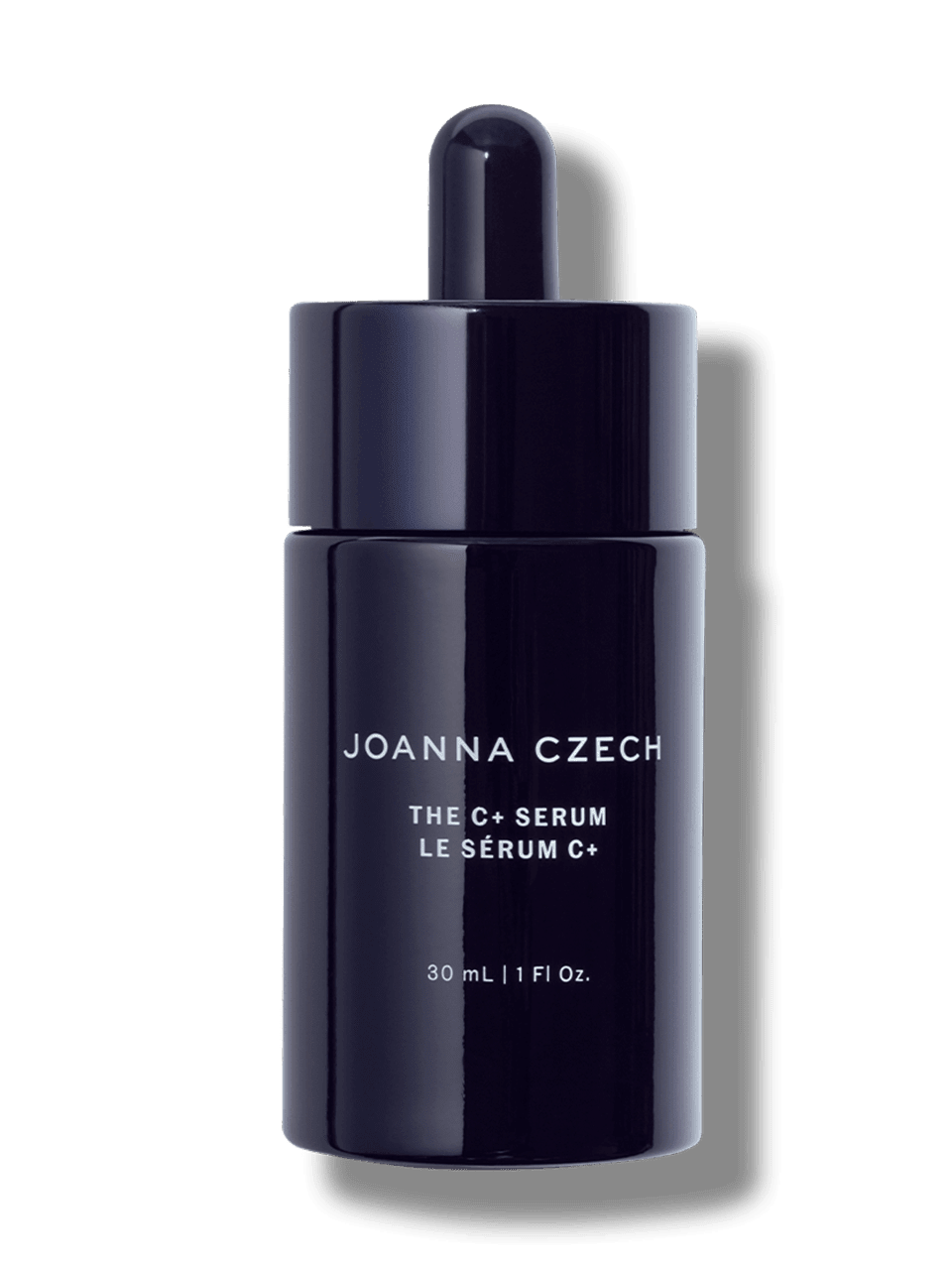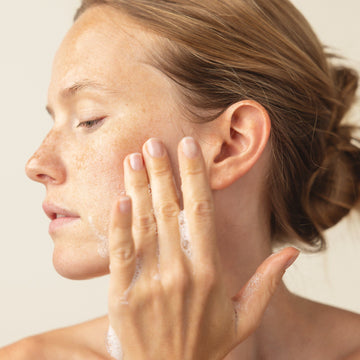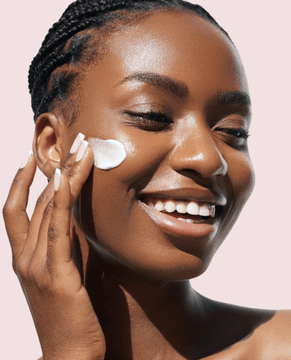Understanding the Science of Serums: Potent Formulas for Skincare

Understanding the Science of Serums: Potent Formulas for Skincare
Serums play a pivotal role in a targeted skincare regimen. These petite yet potent vials of liquid contain a concentrated blend of active ingredients meticulously formulated to tackle specific skin concerns. Serums are able to penetrate deep into the skin, delivering remarkable results. We'll delve into the science behind serums, identify the most efficacious ingredients, and how to incorporate them into your routine.
What is a skin serum?
Serums are highly potent skincare products formulated with a high concentration of active ingredients used to target specific concerns. Unlike cleansers or moisturizers, which have a more generalized approach to skincare, serums are designed to target specific issues. Whether you're dealing with acne, fine lines, hyperpigmentation, or hydration, there's likely a serum tailored to your needs. The high potency of these active ingredients makes serums an essential step in your skincare routine.
Serums are typically lightweight and fast-absorbing, making them suitable for layering with other products. Their high concentration of active ingredients ensures that you get the maximum benefits with just a few drops. This concentration allows serums to deliver visible results relatively quickly, making them an essential part of any skin care routine.
Formulation and Delivery Systems
Face serums are usually formulated to be water-based, making them lightweight, non-comedogenic, and deeply absorbing. However, facial oils are also marketed as serums—like Vintner's Daughter Active Botanical Serum, for example. Oil-based serums are still incredibly beneficial and ideal for dry or mature skin, providing an extra dose of moisture.
Penetration and Absorption
Serums contain vital antioxidants and other ingredients that address common skin conditions using tiny molecules that are better able to penetrate the skin's surface and deliver the good stuff to where it's really needed. Serums are traditionally water-based for this very reason, as oil-based products have a larger molecular structure.
To achieve optimal absorption and results, applying your face serum in the correct sequence is crucial. You'll want to use skincare products in the order of thin to thick in consistency. Since serums are typically thinner, they should be applied before moisturizer (a thicker consistency). This allows the active ingredients to penetrate the skin effectively without being blocked by heavier formulations. More on this ahead.
Active Ingredients In Face Serums
What does serum do for your skin? The answer is that it depends on the active components in the formula. There are hundreds of ingredients used in serums, ranging from plant extracts to vitamins and antioxidants. However, these are a few of the staple ingredients commonly used in serums due to their effectiveness.
-
Vitamin C: A powerful antioxidant that helps brighten the skin, fade dark spots, and protect against environmental damage. It promotes collagen production, which leads to firmer and more youthful-looking skin.
-
Hyaluronic acid: A natural humectant that provides intense hydration, plumping the skin and reducing the appearance of fine lines and wrinkles.
-
Peptides: Amino acid compounds that stimulate collagen synthesis and repair damaged skin, helping improve skin firmness, elasticity, and reduce the visibility of wrinkles and fine lines.
-
Vitamin A: Known for treating signs of aging, vitamin A (aka retinol) encourages skin cell turnover, diminishes the appearance of wrinkles and fine lines, and helps with acne by unclogging pores and reducing inflammation.
- Ceramides: Ceramides are lipids that help maintain the skin's barrier function and prevent moisture loss. Serums containing ceramides are excellent for dry or sensitive skin types.
Incorporating Serums into Your Skincare Routine
The way you use serums can affect their level of efficacy. Applying skincare in the correct order penetrates deeper and becomes much more effective, making the most out of your products and successfully treating skin concerns. This rule is especially important with serums because you want to take advantage of their incredible benefits. Serums are the third step in your routine after cleansing and toning. A pH-controlling toner is critical in prepping your skin and encourages maximum absorption of your serum. A word of the wise: It’s always a good idea to do a patch test with your serums because they contain such powerful ingredients.
Choosing the Right Serum for Your Skin
Whether your skin type is mature, acne-prone, or chronically dry, there’s a face serum for you. However, since our skin changes from day to day and season to season, I like to have a selection of serums on hand to treat the condition of my skin at that moment. Plus, some serums are better tolerated at night vs. daytime.
Dry Skin Types
Dry skin can cause discomfort, redness, and irritation. The best serums for dry skin should contain hyaluronic acid and squalane to retain moisture, and amino acids, ceramides, and plant extracts to soothe inflammation and redness.
Recommended serums for dry skin include:
-
Joanna Czech The Soothing Serum
Deeply hydrating and calming, The Soothing Serum quickly reduces redness and inflammation, comforts irritated and stressed skin, and restores immunity.
-
Environ HA Intensive Hydrating Serum
HA Intensive Hydrating Serum is a revolutionary treatment that intensely hydrates using hyaluronic acid and adds volume to target skin areas, visibly reducing fine lines and treating dry, photo-damaged skin.
Oily Skin Types
Purifying ingredients such as salicylic acid should be balanced with light moisturizers and serums to prevent over-drying. Whereas vitamins and peptides (proteins) rebuild and rebalance the skin. If acne is an issue, retinol is another long-standing treatment that helps to unclog pores and reduce oil production.
Recommended serums for oily and acne-prone skin include:
-
Beauty Drops No. 3 by Future Cosmetics
A moisturizing serum and overall skin treatment with powerful purifying and rebalancing qualities for acne-prone and congested skin. The 100% Water-based Serum is made with Herbal Extracts and Silk Proteins.
-
Serum Complex Iribiol by Biologique Recherche
This purifying serum prevents and alleviates skin imperfections by regulating sebum secretion and reducing inflammation thanks to antimicrobial active ingredients. The salicylic acid clears out excess debris and skin cells while the zinc heals the epidermis.
Aging skin
As we age, our skin tends to become thinner, drier, and less elastic, gradually reducing and displacing the fat deposits in the face. Exposure to sunlight, along with genetics and lifestyle choices, can accelerate the formation of wrinkles.
Vitamin A, commonly known as retinol, is a crucial ingredient in maintaining a youthful complexion. In addition, antioxidants like niacinamide and Vitamin C can help combat the harmful effects of free radicals in our environment that contribute to the signs of aging.
Recommended serums for signs of aging include:
-
Environ’s Concentrated Retinol Serum 1
Retinol Serum 1 is the first step in Environ's Step Up System. Formulated with a high concentration of Vitamin A, it helps to normalize the appearance of skin abnormalities and damage, and promote healthy-looking skin.
-
Future Cosmetics Bio Vital Serum
Bio Vital is a must-have serum for all skin types. It is formulated to hydrate, lift and tighten the skin while decreasing the depth of wrinkles and diminishing the appearance of imperfections.
Hyperpigmentation
Two key ingredients treat hyperpigmentation - vitamin C and A. Vitamin C is known for its skin-brightening properties and helps even out the skin's tone, leading to a lighter appearance of dark spots. Its high antioxidant content makes vitamin C serums an excellent preventative treatment. Vitamin A is crucial in reducing hyperpigmentation, as it regulates melanogenesis by inhibiting tyrosinase - an enzyme vital in melanin production.
Recommended serums for hyperpigmentation include:
-
Vita-Peptide C-Quence by Environ
A gentle, step-up approach to vitamins A and C and lactic acid that works to combat the visible signs of aging. The serum creates the appearance of even, smoother, and healthier-looking skin, supporting and maintaining a radiantly youthful appearance.
-
The C+ Serum by Joanna Czech Skincare
Lightweight and fast-absorbing, this serum contains a stable form of Vitamin C. It is an anti-inflammatory that helps increase collagen production, hydrates, brightens, evens skin tone, and inhibits melanin synthesis.
Sensitive skin
For sensitive skin, look for serums with soothing and protective ingredients like niacinamide, ceramides, calming plant extracts, and amino acids, which can help calm redness and irritation. Hyaluronic acid and niacinamide are gentle and hydrating options, ensuring the skin barrier is intact. Fragrance-free and hypoallergenic formulations are crucial to minimize the risk of adverse reactions in sensitive skin types.
Recommended serums for sensitive skin include:
The Soothing Serum - A great option for every skin condition, this calming and protective serum contains ingredients that deeply hydrate, reduce the appearance of redness and other inflammation, comfort stressed and sensitized skin, increase collagen production, and restore immunity.
Environ Vita-Enriched Colostrum Gel - Containing a high concentration of bovine colostrum and enriched with vitamins and a variety of antioxidants, including Green Tea, vitamin C, and vitamin E, this boosting serum helps to protect the skin from external and internal stressors relieving redness and rosacea and resulting in skin that feels soft, soothed and protected.
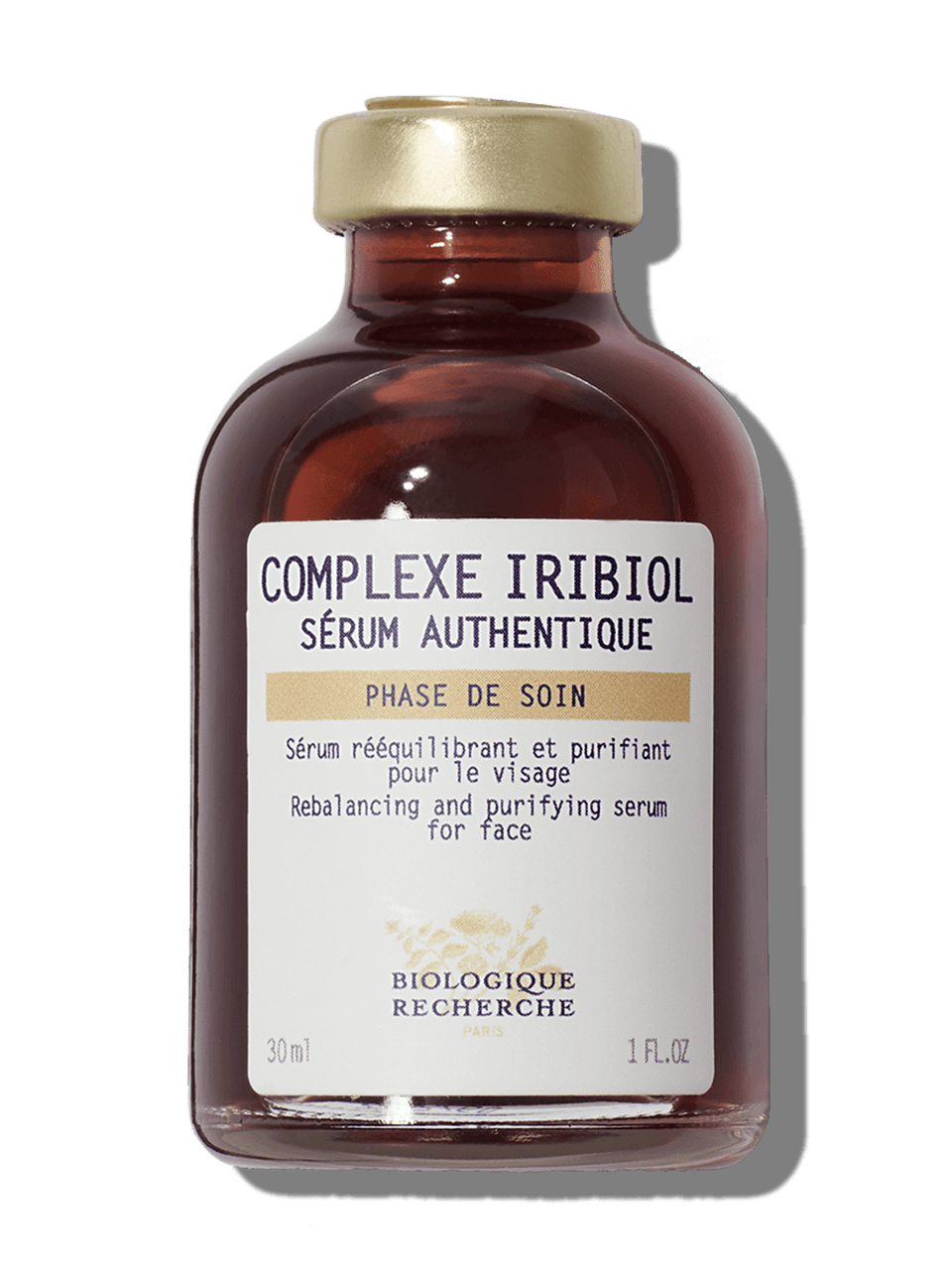
Biologique Recherche
Serum Complexe Iribiol
